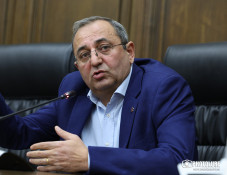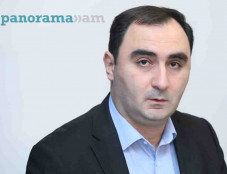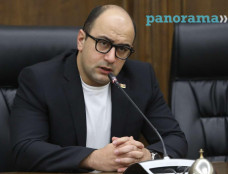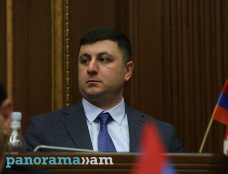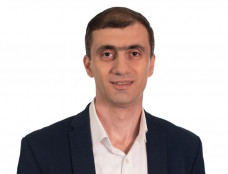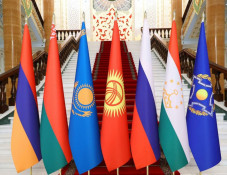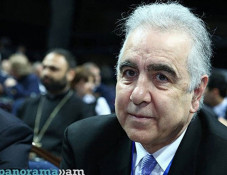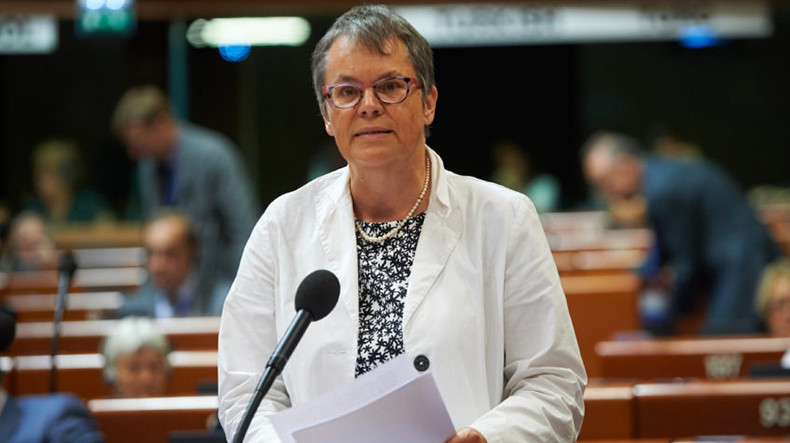
New PACE president promises continued fight against corruption
Newly elected President of the Parliamentary Assembly of the Council of Europe (PACE), Liliane Maury-Pasquier offered reassurance that under her presidency, the Assembly would continue to take measures against corruption to regain its honour and move towards total transparency.
“But national governments and parliaments must also, as the report calls on them to do, ‘take the necessary measures in respect of the cases mentioned and […] report back to the assembly by the end of 2018’,” she said in her opening remarks.
Ms Maury-Pasquier recalled that the values of the Council of Europe need more than ever to be promoted, carried and lived, on the European continent and beyond, the PACE official website reported.
“The rise of extremism, violence and repression, in a very tense migration and security context, requires us to tirelessly reaffirm loud and clear what unites us,” she said.
“Worrying developments, indeed the major attacks, in a number of European countries against freedom of expression, freedom of the media, freedom of assembly, equality and the protection of minorities, make this an absolute necessity.”
“Human rights, democracy and the rule of law must turn the tide on suffering, exploitation and poverty. Our answer to exclusion, hatred and the ideology of ‘every man for himself’ must be justice, solidarity and cohesion.
It will be impossible to promote peace without the active involvement of each and every one of us and the States we represent. The spirit of exchange, dialogue and mutual respect for our differences - unity in diversity - must enable us to work together,” the president said.
Finally, she warned against “sovereignist attacks” ranging from “simple mistrust to the suspension of the application of the European Convention on Human Rights, not forgetting attempts to limit its very scope.”
“By attacking the Council of Europe and its fundamental instruments - the Convention and the Court - it is the citizens of Europe who are being attacked, thereby weakening their rights and their protection in their relationship with the state,” she concluded.
Related news
Newsfeed
Videos





